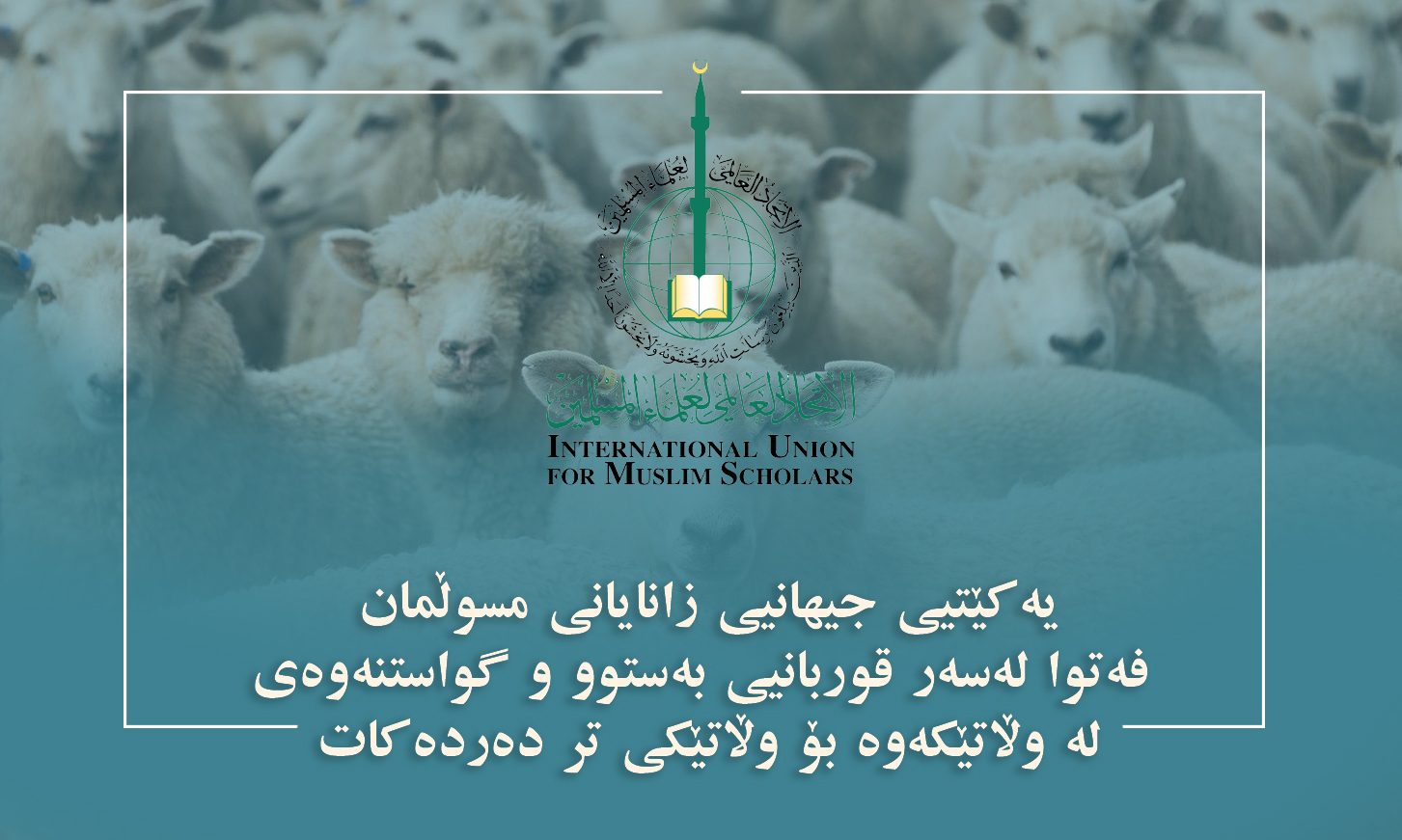Aug 08 2025

Question:
To what extent is it permissible to spend Zakat funds on purchasing a property for constructing or renovating a Da'wah (Islamic advocacy) institution that serves the public interest of the Muslims in a country?
Answer:
Praise be to the Lord of the worlds, and peace and blessings be upon the Messenger sent as a mercy to all worlds, as well as upon his family and all his companions. To proceed…
Undoubtedly, Allah the Almighty has specified in the Holy Quran the categories for which Zakat is to be spent. Allah has restricted the spending of Zakat to eight categories, according to His saying:
(Zakat expenditures are only for the poor and for the needy and for those employed to collect [zakat] and for bringing hearts together [for Islam] and for freeing captives [or slaves] and for those in debt and for the cause of Allah and for the [stranded] traveler - an obligation [imposed] by Allah. And Allah is Knowing and Wise.) (Surah At-Tawbah: 60).
What pertains to the subject of the question is the spending of Zakat "in the cause of Allah" (fi sabīl Allāh). In this regard, there are three scholarly views:
The First View: This view expands its scope to include all charitable works. This position is considered weak based on several proofs, the most important being that Allah's statement regarding the categories is specific. Its meaning cannot be so broad as to include all other categories, otherwise it would be redundant; the miraculous nature of the Holy Quran is evident in its precision, down to every single letter. Moreover, the Hadiths emphasize that "in the cause of Allah" refers to Jihad and striving for the sake of Allah; as the Prophet (peace be upon him) says: "A single morning or evening expedition in the cause of Allah is better than the world and whatever is in it."
The Second View: This is the opposite of the first view and narrows the scope of "in the cause of Allah" exclusively to fighting for the sake of Allah. This view is also weak, as there is no strong evidence for such a narrow restriction. The term "Jihad" and its derivatives, linguistically and in meaning, are more comprehensive than the term "al-Qitāl" (fighting) and its derivatives, as we will indicate below.
The Third View: This is the strongest and represents a balanced, middle path. It interprets "in the cause of Allah" as Jihad and striving in the path of Allah. It is clear that Jihad and striving in the cause of Allah encompass every effort made for His sake, including through military strength, Da'wah (advocacy), media, and communication. In fact, Allah the Almighty described the Jihad of communication and outreach as the "great Jihad," saying: "…and strive against them with the Qur'an a great striving." (Surah Al-Furqan: 52). This verse was revealed during the Meccan period when there was no warfare, and it stands as proof of the greatness of speaking the truth, conveying the message, and spreading the Quran. Indeed, nowhere else in the Holy Quran do we find Jihad described as "great" except in this verse, which proves the importance of Da'wah affairs, which are fundamental in Islam. In contrast, fighting in the cause of Allah required permission, which was granted in the first verse concerning war: "Permission [to fight] has been given to those who are being fought, because they were wronged. And indeed, Allah is competent to give them victory." (Surah Al-Hajj: 39). Therefore, Ibn al-Arabi, in his exegesis of the verse on Zakat categories, states: "The paths of Allah are many…"
Al-Razi says in his Tafsir (exegesis): "The saying 'in the cause of Allah' should not be confined to combatants…" Similarly, in the Tafsir of Sayyid Rashid Rida, it states: "…'in the cause of Allah' refers to the general interests of Muslims managed by those in charge of religious and state affairs, not individuals…"
After careful consideration and research of the phrase "in the cause of Allah," we understand that it refers to all matters related to Da'wah and the realization of Allah's command.
Therefore, the categories of expenditure mentioned in verse 60 of Surah At-Tawbah encompass both individual interests, such as the poor, the needy, the indebted, the freeing of captives, stranded travelers, and new converts whose faith is not yet firm in their hearts, as well as the general interests of Islam, which are expressed by "in the cause of Allah." It also includes the institutions that work on its collection, expressed by "and those employed to collect it."
All contemporary and past researching scholars agree on this meaning.









